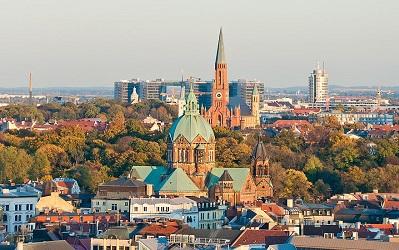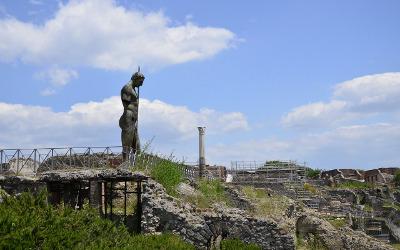You are here
- Home
- Year of Mygration
- Day 214, Year of #Mygration: Methods in Motion with the mothers of Munich & Birmingham
Day 214, Year of #Mygration: Methods in Motion with the mothers of Munich & Birmingham

Today’s article comes from Agata Lisiak, former Visiting Fellow at The Open University and Professor of Migration studies at Bard College in Berlin, Germany. She explores the fast-changing world of research into migration and belonging.
Migration was one of the most heatedly debated issues throughout the EU referendum campaign. In the months leading up to Brexit, European and non-European migrants alike were repeatedly named and shamed. In the aftermath, they report experiencing a mixture of anxiety, fear and shock. The Leave campaign drew significantly on an anti-immigrant rhetoric of ‘waves’ and ‘swarms’ threatening to take over Great Britain, scaremongering ‘breaking point’ images, and big numbers taken from the census without much context.
At its best, migration research not only debunks the many myths and misconceptions surrounding migration, but also emphasizes the singularity and uniqueness of individual migrants’ experiences. It is exactly those individual, often poignant stories and snapshots into migrants’ daily lives that were at the center of the creative methods workshop organized by Dr Umut Erel (Senior Lecturer in Sociology at The Open University) in cooperation with the Migration Museum Project in London. Taking place just a few days before the referendum, and incorporating a breath-taking exhibition on everyday life in Calais’ ‘Jungle’ camp, the workshop opened up a space for collective reflections on the uses and meanings of creative approaches in migration research.
I turned to creative methods in my research project Immigrant Mothers as Agents of Change (2013 - 2017) to interrogate the multiple and shifting meanings of migration and the urban in migrants’ everyday lives. Conducted within the TRANSFORmIG research framework, my project investigates Polish migrant mothers. Meeting people in a variety of community centers, playgroups, churches, and private homes, I wanted to explore three questions with them:
- How they make sense of the diversity they encounter on a daily basis in British and German cities?
- How they do mothering locally and transnationally?
- How they navigate various nationalized, classed, and gendered ideologies of motherhood?
A key aim of the research was to find methods that do not assume the importance of migration and the urban in people’s everyday lives. Rather, I leave it to the research participants to determine what is important to them. One of the methods involved asking participants to respond visually to the question: how is it for you to be a mother here [e.g., in Birmingham]? I give the women a white sheet of paper and a bunch of colourful felt-tip pens and, when they are finished with the drawing, we start talking about the images they created.
The images produced in the course of my research project do not exist on their own, but with accompanying narrations that emerged from image elicitation interviews. My analysis holds that the most salient aspect of an image is what its maker intended to communicate: the participants tell me what is in the picture and we discuss its meaning from there.
In order to make these images accessible to wider audiences a website was created on which we could exhibit the collected material. The website‘s largest asset is that it offers a platform for direct inclusion of migrants‘ voices. The image collection both shows immediately the variety of migrant experiences in urban contexts and points to a range of commonalities within and across urban locations.
Creative methods help complicate representations of migration and diversity in that they yield new kinds of narrations about migration experiences in urban and transnational contexts. Not only do migrant mothers bring up future citizens, they also make themselves – through everyday practices, interactions, and observations – citizens of their adopted countries. Developing new ways of thinking about method, migration research conducted with creative methods reveals the power of small things occurring in the everyday. Innovative visual and digital methods for sharing knowledge provide us with new ways of countering anti-migration propaganda, by explaining what it is actually like to be a migrant mother.
Quarterly Review of Research
Read our Quarterly Review of Research to learn about our latest quality academic output.

Contact our news team
For all out of hours enquiries, please telephone +44 (0)7901 515891
